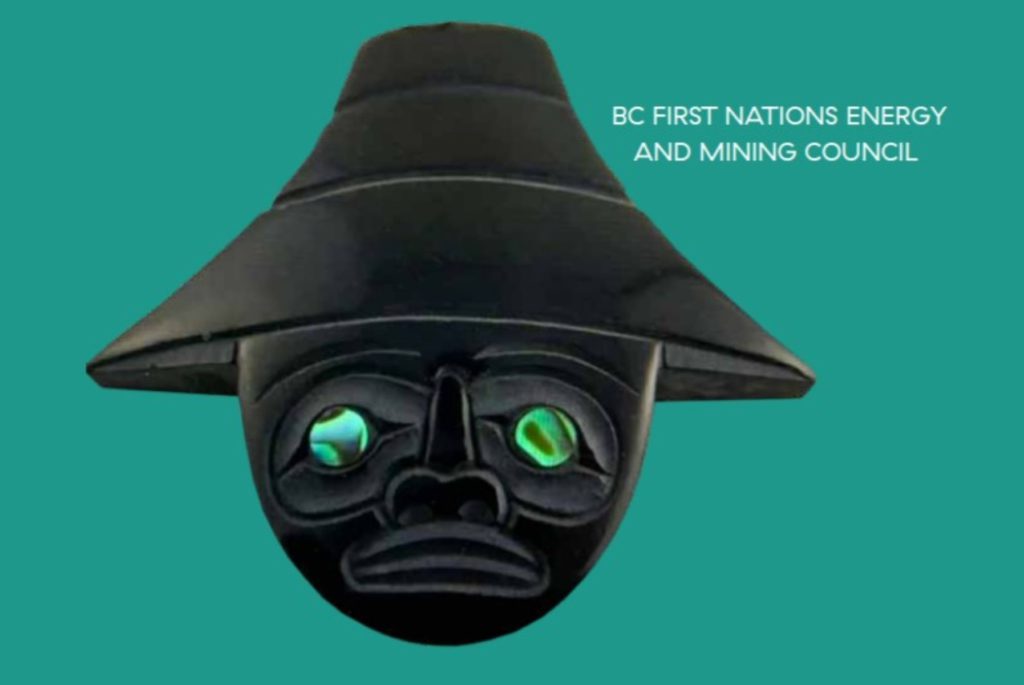Report urges BC First Nations to regulate mining on their territories


A new report, Indigenous Sovereignty: Implementing Consent for Mining on Indigenous Lands, urges British Columbia’s First Nations to re-establish control over their territories by exercising their own law-making authority to regulate and monitor mining on their own lands.
The report was prepared by the BC First Nations Energy and Mining Council (FNEMC) and sets out 25 recommendations which, if implemented, would compel mining companies and prospectors to secure First Nations consent to access First Nations’ lands. The exploration and mining industry would be required to agree and abide by conditions set by the First Nations government.
The report was undertaken, in part, as a response to the lack of progress by the province on the United Nations Declaration on the Rights of Indigenous People (UNDRIP). The declaration includes free, prior and informed consent for activity on Indigenous territories, and it spells out how the province and Canada must act.
FNEMC says that the province has not reformed any of its mining laws to align with the UNDRIP. The only recourse for Indigenous communities is to initiate costly legal action to address non-sanctioned mining activities in their territories.
The 25 recommendations in the new report are consistent with the legal certainty that will exist once mining laws are aligned with the declaration. They offer near-term, practical options for First Nations to exercise sovereignty and consent in relation to mining activities.
In the absence of provincial government action, the report recommends that First Nations move ahead with the development of their own mining requirements based on their Indigenous laws and legal orders and exercise of their right of consent for all existing and future mining operations.
The full report is available on the FNEMC website.
Comments